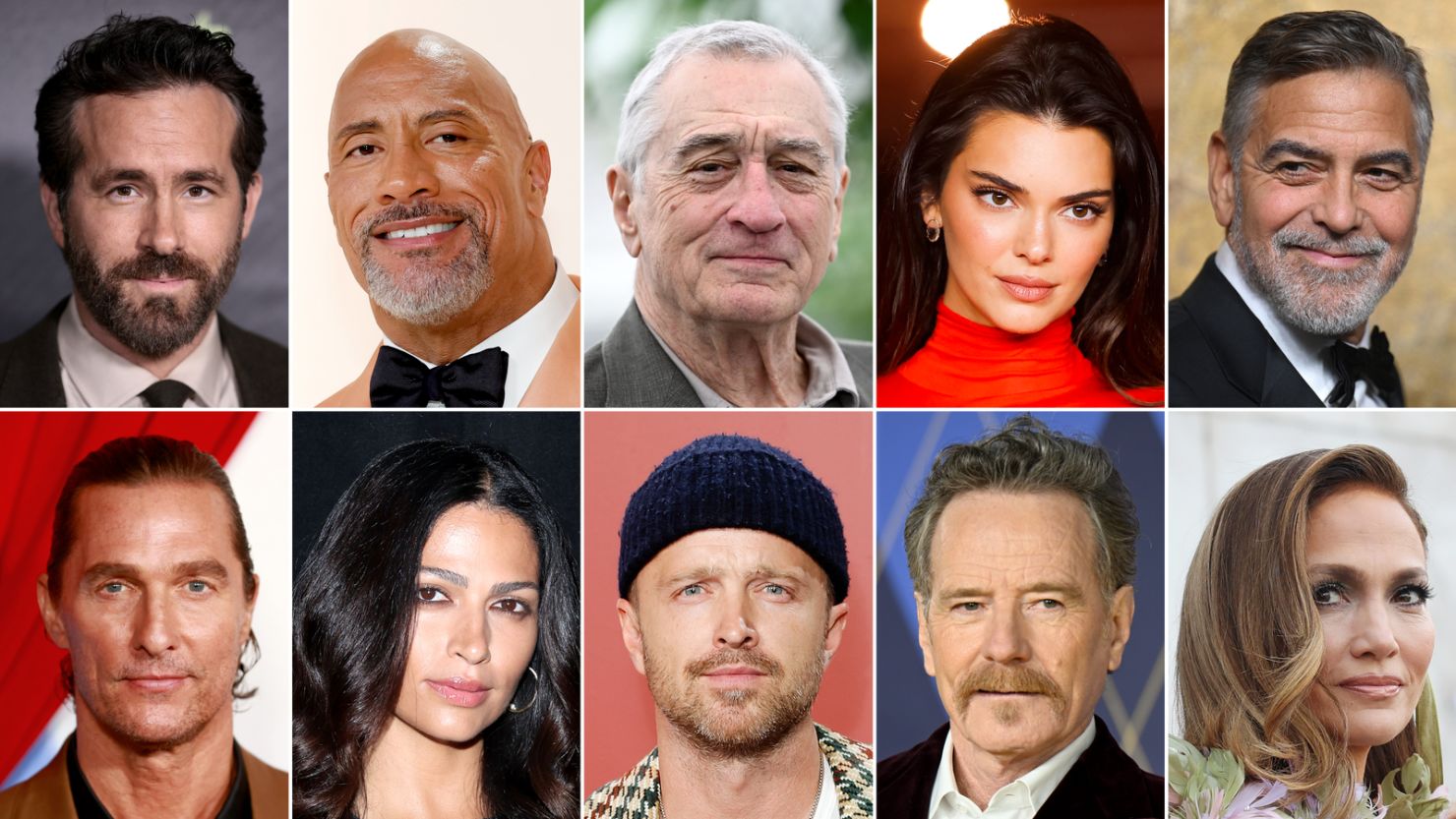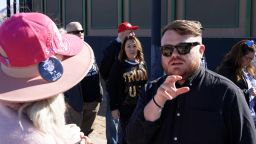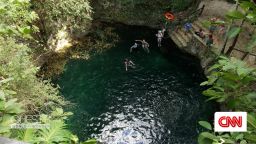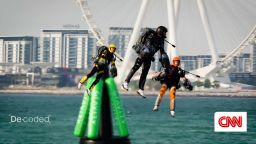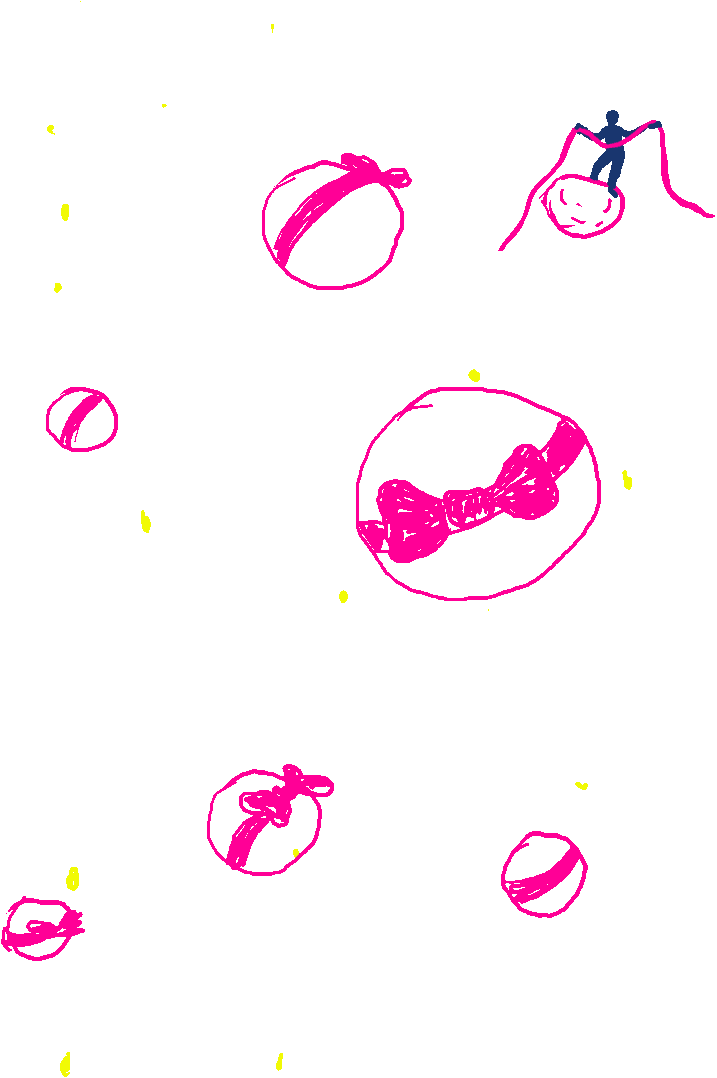Why does actor Aaron Paul co-own a mezcal brand? The answer is quite simple: “I like drinking.”
Along with his former “Breaking Bad” co-star turned best friend Bryan Cranston, the two co-founded Dos Hombres Mezcal in 2019 — joining the long list of celebrity-backed alcohol brands launched in recent years.
At the Oscars on Sunday, Robert de Niro, nominated for “Killers of the Flower Moon,” can console himself if he loses with a sip of his brand Vdka 6100. “American Fiction” actress and Academy Awards presenter Issa Rae can toast with her new Prosecco line Viarae. Fellow presenter Dwayne “The Rock” Johnson has his Teremana Tequila; other celebs with bespoke tequilas include Matthew and Camila McConaughey (Pantalones), Eva Longoria (Casa Del Sol) and Kendall Jenner (818).
This explosion of deals is a break with Hollywood’s past. For decades, it was rare to see even the biggest stars risk endorsing alcohol. No Shirley Temple spiked “Dirty Shirleys,” no Warren Beatty-brand Champagne. Now, several dozen celebrity-branded spirits fight for space at the bar, with more on the way.
In the midst of a cocktails boom, and with thousands of liquors world wide trying to set themselves apart, brands are knocking down Hollywood doors in search of star power.
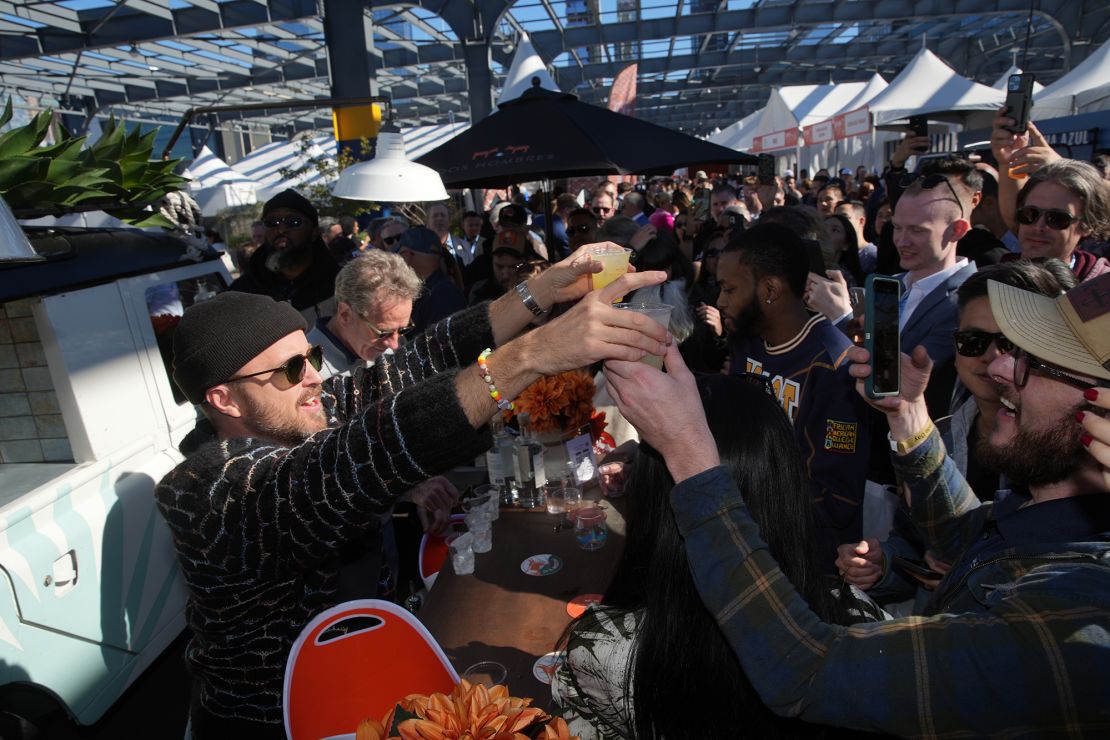
It’s an “opportunity, to be honest,” Cranston told CNN. Celebrities are attractive to the spirits space because of their clout and connections, so the industry has “the door open. ‘Do you want to come in? It’s up to you.’”
Casamigos cash
That open door led to big business for another agave-based brand: Casamigos Tequila.
Casamigos, founded by George Clooney and Rande Gerber in 2013, attracted mass attention. Four years later they sold the tequila brand to liquor giant Diageo for $1 billion, and the industry gold rush was on.
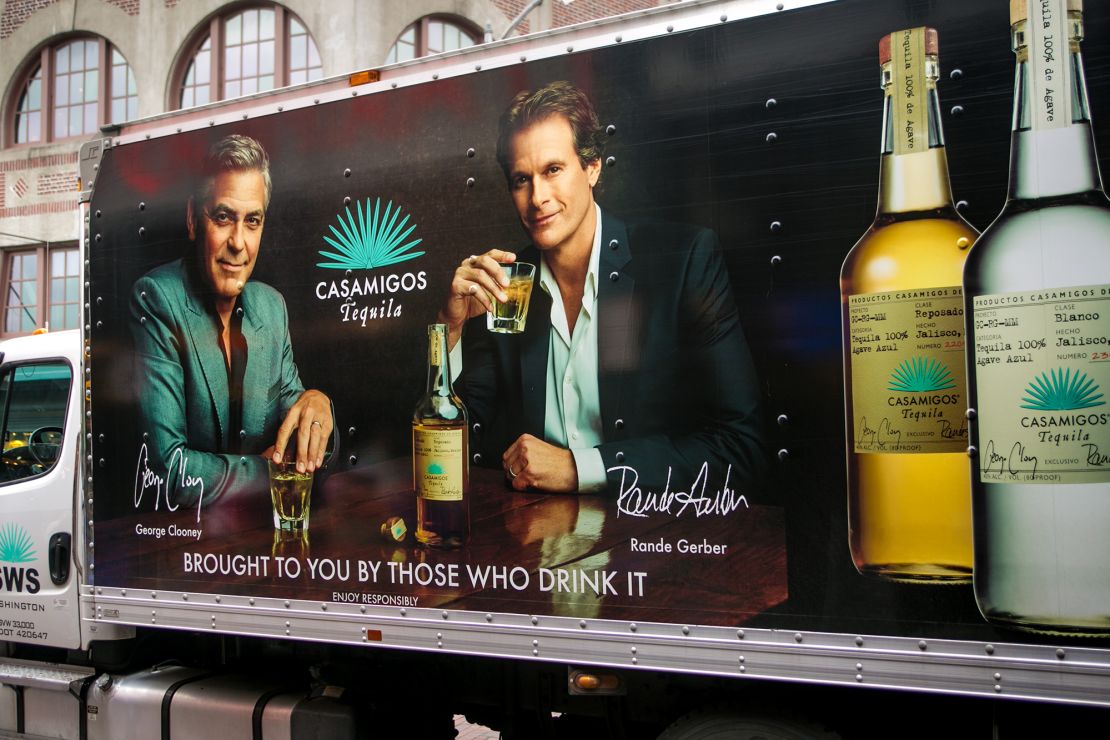
In 2020, Diageo purchased Ryan Reynolds’ Aviation Gin brand for $610 million. And in 2021, UFC fighter Conor McGregor sold a majority stake of his Proper No. Twelve Irish Whiskey to Jose Cuervo-maker Proximo Spirits for a reported $600 million — less than two years after launch.
The bottom line
Windfalls like these catch attention in Hollywood.
Michael Yanover, head of business development for powerhouse Creative Artists Agency, told CNN that celebrities who create spirit brands generally hope to eventually sell to “one of the bigger holding companies.”
Having equity in a company is more appealing than an endorsement: If the brand sells, it’s a cash payout, Yanover said.
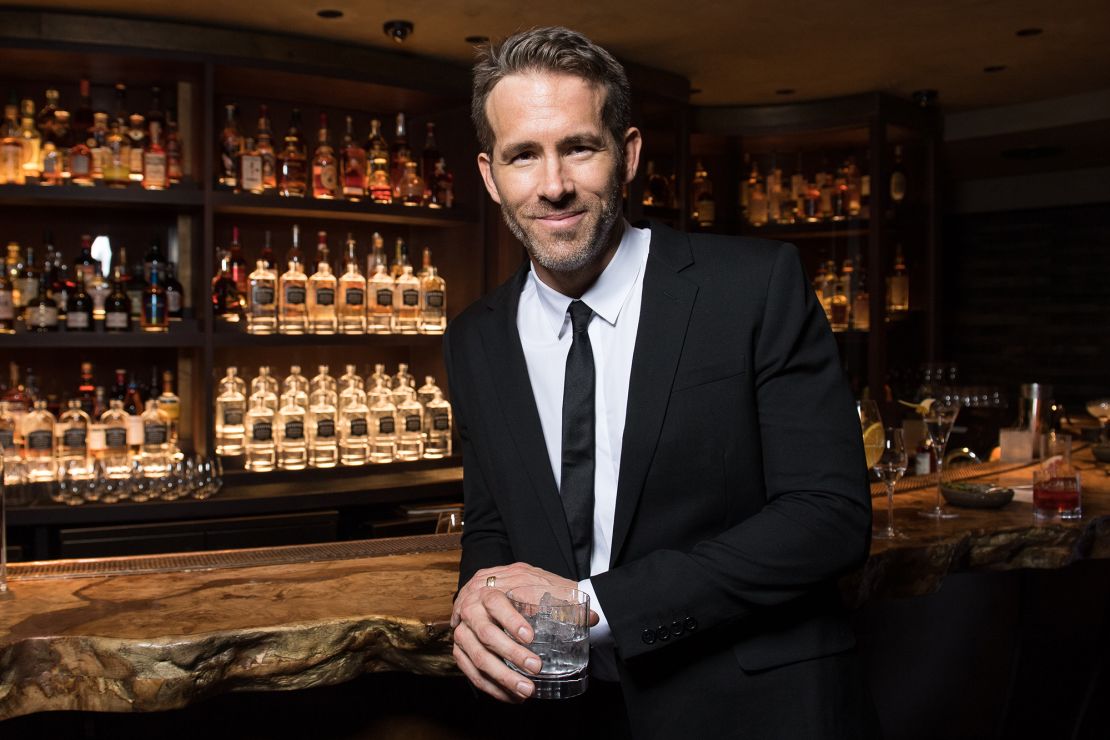
“Star status can create instant brand awareness and consumer interest,” Lisa Hawkins, senior vice president for public affairs for the Distilled Spirits Council of the US, told CNN.
The trend “shows no sign of slowing down,” she said. “Actors and musicians have been investing in spirits for some time and now sports stars, models and comedians are tapping into consumers’ fascination with spirits and cocktails.”
That fascination was partially sparked by the pandemic. More people began making cocktails at home, helping spirit sales surpass wine and beer for the past two years, according to DISCUS data.
Tequila is a particular favorite of celebs for two reasons. First, it’s growing: US sales of tequila rose 8% last year to $6.5 billion according to DISCUS and is projected to overtake vodka as the top-selling spirit in the next few years.
Secondly, tequila is quicker to produce and sell since it doesn’t require aging, like a whiskey or scotch.
A star’s appeal
Retailers love a star’s backing. About 54% of retailers surveyed in 2022 told Drizly, a now defunct alcohol delivery service, that they intentionally stock celebrity-owned spirits because big names attract shoppers. A celeb’s name might add a premium to the retail price, too.
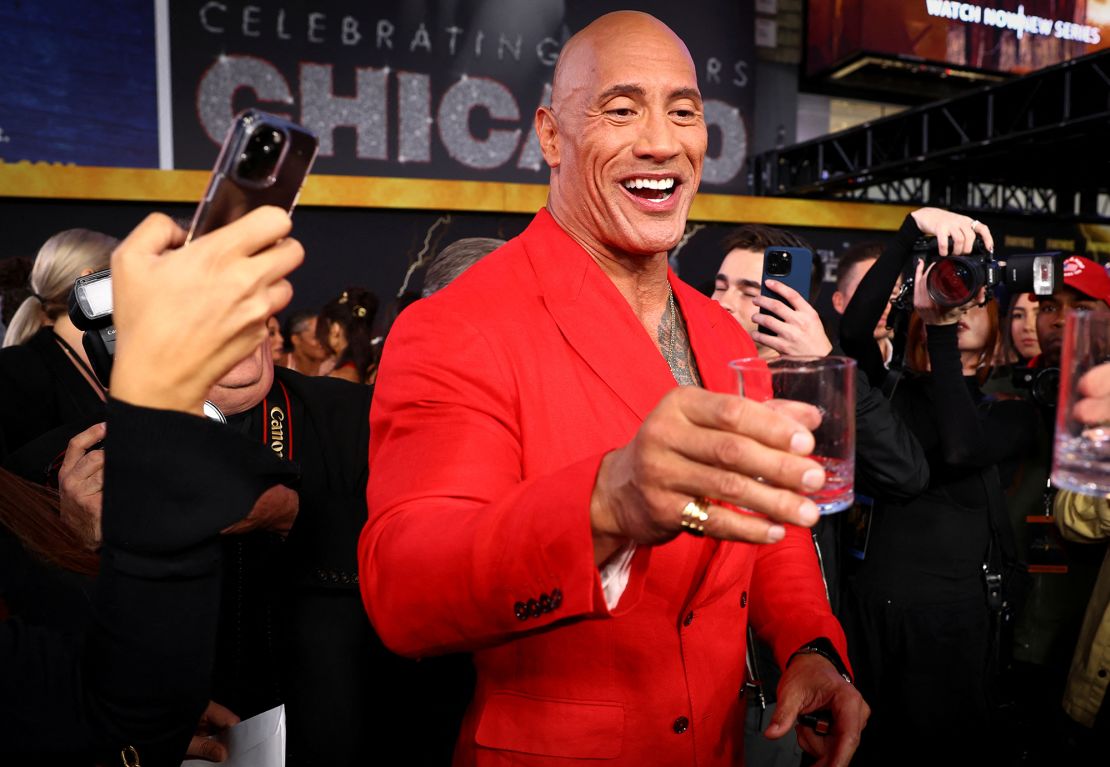
“Celebrities can tell a brand’s story, bring massive brand awareness and provide an incredible opportunity for trial,” Andrew Chrisomalis, cofounder of Aviation Gin and Pantalones Tequila, told CNN, adding that “the product must deliver and bring consumers back again and again.”
Even with the increased competition, Ed Mundy, a beverage analyst at Jefferies, told CNN that he doesn’t think the category is yet at its peak. Tequila in particular continues to “broaden its appeal within the US.”
Yet celebrities looking for a Casamigos-sized exit may be too late: “We think potential buyers will be cautious of making sizable investments at this point in the cycle,” Mundy said.
Pitfalls, too
A celebrity-backed spirit has its risks, as it’s reliant on a single person’s image.
And not every partnership is successful. Last year, Diageo moved to cut ties with Sean “Diddy” Combs, ending a 15-year deal that culminated in a racial discrimination lawsuit.
The embattled music mogul, who was later accused of sexual assault, claimed in a 2023 lawsuit that Diageo had neglected and underpromoted his DeLeón tequila, dismissing it as an “urban” product in its marketing. He made similar claims related to his Ciroc vodka.
In January, Diageo and Diddy officially ended the partnership, saying in a joint statement that they “have now agreed to resolve all disputes between them” and that Combs has “withdrawn all of his allegations” about Diageo.
In another instance, Jennifer Lopez’s Delola line of ready-to-drink bottled spirits got off to a rocky start last year. Fans accused Lopez of hypocrisy since she’s been outspoken about not drinking — though Lopez later clarified in an Instagram post that she does enjoy an “occasional cocktail.”
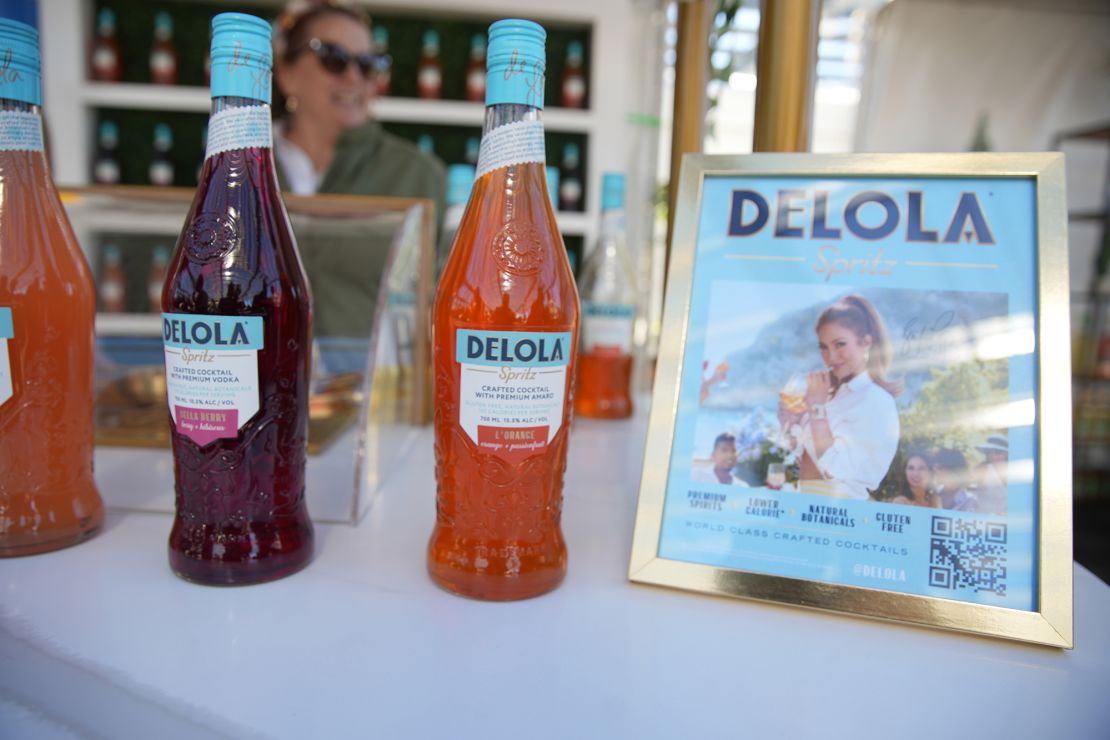
Expansion
Paul and Cranston want Dos Hombres to be one of the success stories — so they’re working to expand its fanbase. The brand recently partnered with Applebee’s for a trio of cocktails, the chain’s first time serving mezcal in its 44-year history.
Paul said he saw a “clear opening” in the market to bring the agave-based spirit to the US because “if you ask anyone, ‘Name your favorite mezcal!’ They’re like, ‘Uhhh, mezcal? What’s mezcal?’”
Applebee’s appealed to Paul because of its wide reach and his own childhood experiences: “Any time a big celebration happened in Iowa, we celebrated at Applebee’s. It was a big night out for us. It’s huge that they trusted us to be the brand to represent mezcal to the masses.”
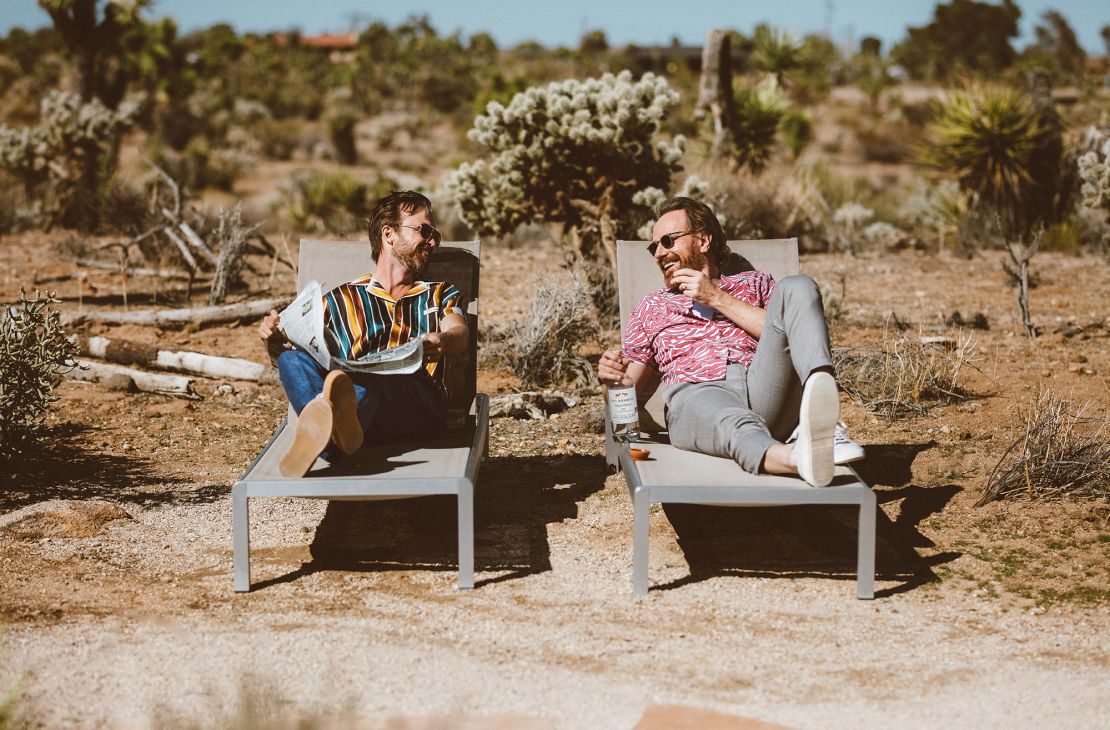
Despite the steady drumbeat of new booze brands, CAA’s Yanover said “there’s a tremendous appetite in the alcohol space.” There’s always a desire to come “up with the next thing that is exciting, vibrant and different.”
Just this week, Kylie Jenner joined her sister Kendall with the launch of a canned vodka-soda brand called Sprinter. It’s not the first (hello, High Noon), but she exclaimed in a press release that it’s the “best tasting vodka soda I’ve ever tried — and I’ve tried a lot.”

